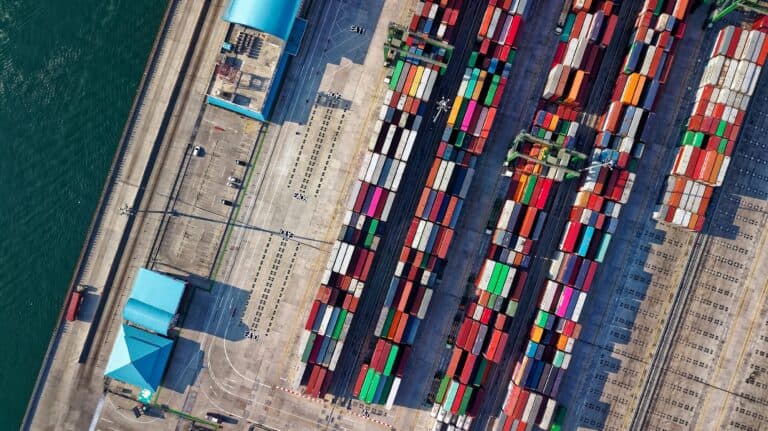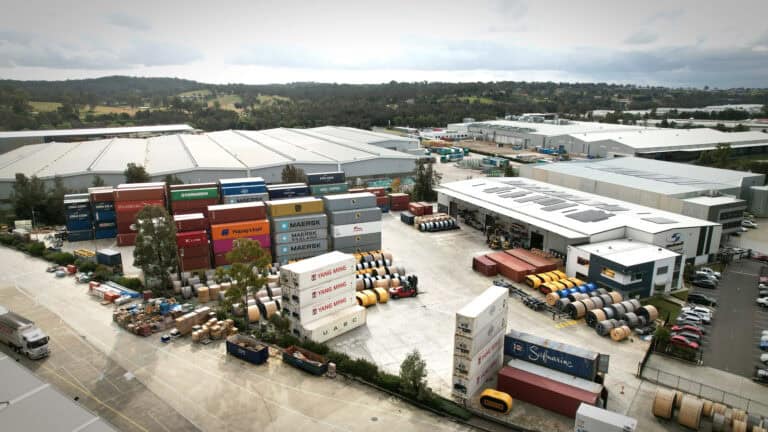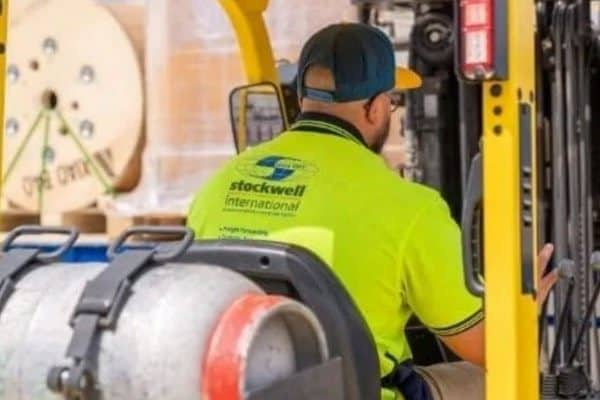Freight Forwarding Resources
Freight and Logistic Blog Posts

The impact of strikes on European ports and global supply chains
Recent strikes at major European ports, particularly in Germany, have sent shockwaves through the shipping industry, amplifying concerns

Geopolitical developments and regulatory changes: Navigating the new financial year in logistics
As businesses step into the new financial year, they face a landscape amidst one of the most challenging

The ESG wave: why environmental, social and governance practices are crucial in shipping
As global sustainability takes centre stage, the shipping industry, overseen by the UN’s International Maritime Organisation (IMO), finds
Freight Industry News

The impact of strikes on European ports and global supply chains
Recent strikes at major European ports, particularly in Germany, have sent shockwaves through the shipping industry, amplifying concerns

Geopolitical developments and regulatory changes: Navigating the new financial year in logistics
As businesses step into the new financial year, they face a landscape amidst one of the most challenging

The ESG wave: why environmental, social and governance practices are crucial in shipping
As global sustainability takes centre stage, the shipping industry, overseen by the UN’s International Maritime Organisation (IMO), finds
Customer Stories

Customer Story title
Lorem ipsum dolor sit amet, consetetur sadipscing elitr, sed diam nonumy eirmod tempor invidunt ut.

Customer Story title
Lorem ipsum dolor sit amet, consetetur sadipscing elitr, sed diam nonumy eirmod tempor invidunt ut.

Customer Story title
Lorem ipsum dolor sit amet, consetetur sadipscing elitr, sed diam nonumy eirmod tempor invidunt ut.
Calculate the cost of importing goods
FAQs
Freight forwarding can be broken down into six main steps:
- Export transport: transporting goods from their origin
- Export customs clearance: obtaining clearance for the goods to leave their country of origin
- Origin handling: inspecting the goods against written documentation to make sure they are satisfactory and comply with what was expected
- Import customs clearance: organising customs paperwork so that goods can be imported to their destination
- Destination handling: unloading goods, moving them to warehouse in preparation for transportation to final destination
- Import haulage: transporting goods from warehouse to their final destination
A freight forwarder can organise the entire process of moving freight between countries (freight management), from looking after paperwork, to organising customs clearance and cargo insurance.
Not sure how to choose the right freight forwarder? It’s a crucial decision for your business, so you need to make sure you’re choosing one that can meet your needs.
Things to consider include:
- Are they licensed for ocean and air freight?
- How long have they been in business? Do they experience organising freight from your cargo’s country of origin?
- Can they provide a full-service port-to-door solution? Especially if you don’t have much experience with freight forwarding, finding a company who can take care of every step from start to finish can be a great help.
- Are they transparent about their pricing? Make sure they will answer your questions about insurance, document preparation and other costs.
Depending on shipping terms, when an order is placed with your supplier, our local agent will make contact to arrange collection and clearance.
We can then provide a shipping schedule to suit you, including:
- Tracking your cargo throughout the duration of the shipment;
- Pre-clearing before arrival;
- Arranging collection from the port/airport; and
- Booking and Scheduling the final delivery to Door.
A purchasing or supply chain manager would rarely have the double skillset required to look at a term of trade or sales contract, make the connections between the two, and then understand what freight forwarders do within their supply chain role.
Their role is generally to look at freight spend and try minimising that spend any way they can. It is a reflex then to look straight at the international freight spend without analysing the consequences of what those reductions may mean to the customer.
Sometimes freight cost can be minimised simply be correcting terms of trade, applying a one silo sale process, and internally reviewing commercial invoices for reductions, instead of solely reducing international freight spend.
This only puts pressure on freight forwarders and transport providers who are already pressured for very minimal margins.
This is why it is best to work in other areas firstly and build long term, long-lasting business partnerships rather than going for the cheapest options.
The way Stockwells organise their supply chain consultancy is very different from how other companies do. Our sole objective is looking at the supply chain and plugging commercial gaps, analysing excess risk, looking at sales contracts, then applying all that knowledge for a better-working logistics outcome first.
If we can’t reduce those items, then we look at freight contracts as a sole component.
Depending on how much information a business is willing to divulge and what they perceive their issues, we look at supply chain operations from two different aspects.
Within the company itself:
- How the international supply chain develops)
- What terms of trade have been negotiated from each international supplier and why?
- What does the overarching Sales Contract Cover? Or, is each sale simply covered by the Commercial Invoice as a means to a contractual arrangement?
- Global Insurance coverage, excesses on individual claims, what it covers and what it does not, country to country, state to state?
- Analysing a company’s own internal purchasing processes for new or ongoing sales (ordering and purchasing habits etc), different business units, different freight silos?
The actual Logistics (physical movement of the cargo):
- Logistics processes and spend (international and domestic)
- Customer expectations on delivery timeframes and overall current satisfaction (time v. costs etc.)
- Actual movement of freight (ex Shipper)
- Possible consolidation opportunities/better ways to move freight
The laws governing importing and exporting goods are complex, and mistakes can be costly. That’s why the services of a good customs broker can save time, money and headaches.
We handle customs clearance in all major airports and ports in Australia, in all states:
- Victoria
- New South Wales
- Queensland
- South Australia
- Tasmania
- Western Australia
- Northern Territory

